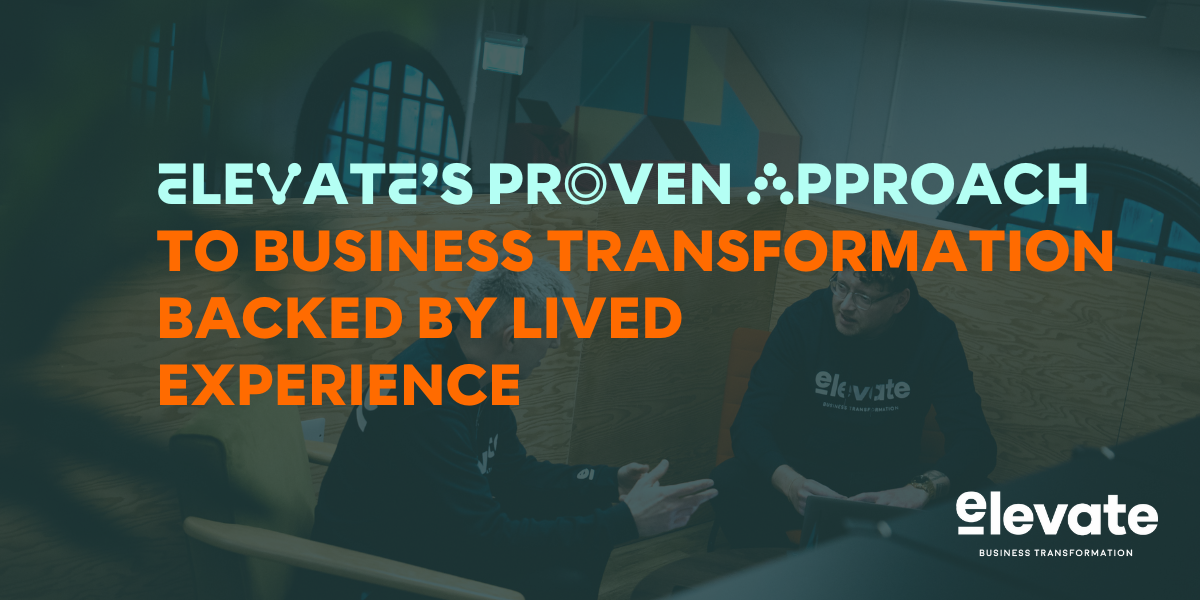The talent plateau: where mid-sized businesses stall
09 April 2021

Graeme Brooks, Head of Strategy at international headhunting firm Van Kaizen, talks about why medium sized firms – like those common on the Isle of Man – can struggle to compete in the market for exceptional talent, and what to do about it.
As we’ve said before, the Isle of Man is a great place to build a small to medium sized business, or the operational hub of a much larger multinational concern. This is true, to varying degrees, of some of the other small jurisdictions we operate in too, and so a lot of our client base is in the mid-sized enterprise market. This particular segment of the market – across industries and locations – suffers from a very particular problem: the ‘talent plateau’.
The talent plateau is a place where a lot of businesses inadvertently stall on their growth journey. Whereas they were great at finding high-quality people when they were a small operation, it becomes a lot more difficult as they reach a few dozen staff. Mediocre talent can be a growth killer, but many entrepreneurs don’t account for this phenomenon.
How does it happen? When you’re a small, fledgling business with big ambitions, the owner-manager tends to do the recruitment directly. They have a real passion for the business and they communicate it well in the hiring process. They usually have a pool of people they had their eye on hiring even before the ink dried on the incorporation paperwork. So, finding people and convincing them to join comes quite naturally.
As the business gets bigger, the owner-manager’s list of priorities grows, as does the volume of recruitment required. Like many tasks, it either gets delegated or neglected. At this point, the company still doesn’t have a dedicated HR function, so recruitment is a side-job at the bottom of a non-specialist’s to-do list. On top of that, the ‘go-to’ talent pool has been tapped dry and marketing resources are limited.
Hopefully, the problem is becoming clearer. Good recruitment requires a resource-intensive and well-coordinated mixture of market intelligence, HR knowledge, and specialist marketing skills. Do you know what salaries to offer? Can you communicate what makes the job exciting at scale? Who in the business knows how to make the most of LinkedIn? The challenges mount up and as a result recruitment funnels become patchy and impersonal.
Meanwhile, your larger competitors have all the tools they need to hammer you. Not only do they have large HR teams with slick software, they even have specialised recruiters and big marketing budgets. Their benefits package is more advanced. It’s hard to stack up.
This is exactly the point where a great headhunter, invested in your business, makes all the difference in getting you to the next phase of your growth. They help you benchmark salaries and benefits and frame the role properly, show you where you can save money yet still ensure you have a competitive edge, actively source the best people in your industry (not the ones looking for jobs), and give them a one-to-one sales pitch on why your business is the place to be. Then they bring these qualified, energised candidates into a shortlist for you to interview. The benefit is three-fold: you get higher quality candidates, you save huge amounts of time, and you don’t take on expensive, internal overheads in the process.
Fees can seem a big hit for a medium sized business. As with any investment, though, you need to consider the cost of the alternative. Can you afford to put the time, energy, and cash into doing it internally? Does the team have the skills to find and sell to a passive candidate, even if you can commit those other resources? If you don’t get the formula right, can you afford to saddle your business with people who joined just because they needed a job?
There are a few things I would always caution an entrepreneur to avoid bootstrapping. Never use cheap lawyers or accountants, always prioritise your IT spend, and don’t skimp on the talent search. Instead, when you’re drawing up a growth budget, include a proper talent acquisition allowance. You’ll thank yourself later.





